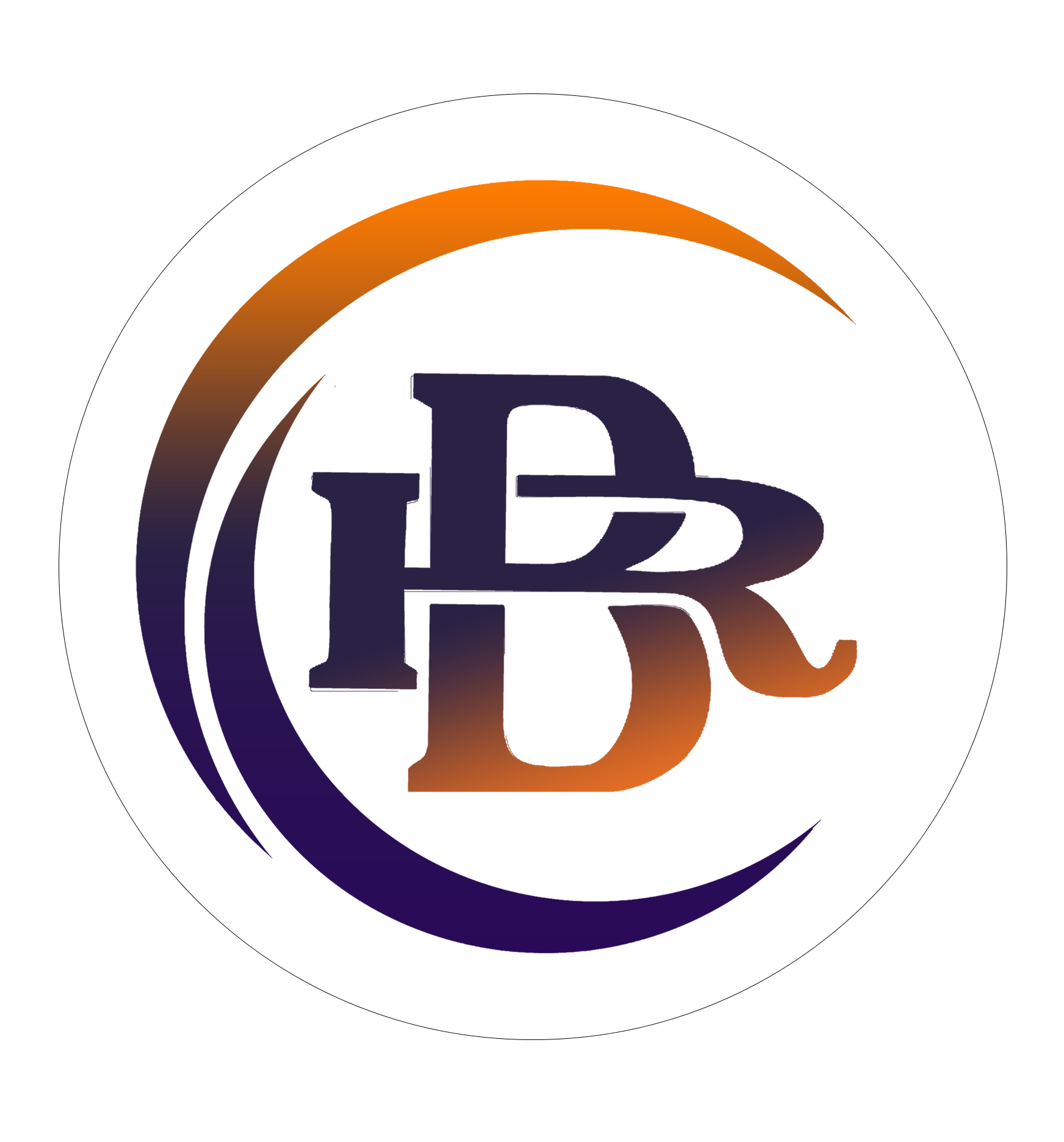Introduction
In the ever-evolving world of recruitment, leveraging advanced technology has become essential for staying competitive. One such technological marvel is the AI chatbot. These digital assistants are transforming the initial candidate screening process, making it more efficient, accurate, and engaging for both recruiters and candidates.
Here’s how AI chatbots are revolutionizing candidate screening:
1. Automated Resume Screening
AI chatbots can quickly analyze and parse resumes, identifying key qualifications and experiences that match job requirements. This automation reduces the time recruiters spend on manual resume reviews, allowing them to focus on more strategic tasks.
Example: A chatbot can screen hundreds of resumes in minutes, highlighting candidates with specific skills like Python programming or project management experience, thus speeding up the hiring process.
2. Engaging Initial Interactions
AI chatbots provide an interactive and engaging way for candidates to apply for jobs. Through conversational interfaces, chatbots can ask relevant questions, gather essential information, and even conduct preliminary interviews.
Example: A candidate might be asked about their availability, salary expectations, and specific skills through a friendly chatbot conversation, making the application process more personalized and less daunting.
3. Consistency and Fairness
Chatbots ensure that every candidate goes through the same initial screening process, thereby promoting fairness and reducing bias. The standardized approach helps in maintaining consistency in evaluating candidates.
Example: Every applicant for a software developer position might be asked the same set of questions about their coding experience and problem-solving skills, ensuring a level playing field for all.
4. Real-Time Feedback and Updates
Candidates often appreciate timely feedback and updates about their application status. AI chatbots can provide real-time responses to candidate queries and keep them informed throughout the hiring process.
Example: A chatbot can instantly notify a candidate if they are moved to the next stage or if their application is under review, enhancing the candidate experience and keeping them engaged.
5. Data-Driven Insights
AI chatbots collect and analyze data from candidate interactions, providing recruiters with valuable insights. These insights can help in understanding candidate behavior, preferences, and areas where the screening process can be improved.
Example: Recruiters might discover that candidates with certain skills or backgrounds tend to perform better in specific roles, allowing them to tailor their screening criteria more effectively.
6. Scalability
AI chatbots can handle a large volume of applications simultaneously, making them ideal for organizations experiencing high volumes of applicants. This scalability ensures that no candidate is overlooked and that the screening process remains efficient even during peak hiring seasons.
Example: During a major recruitment drive, a chatbot can handle thousands of applications, ensuring that each one is reviewed promptly without overwhelming the recruitment team.
7. Integration with Other Systems
AI chatbots can be integrated with various HR and recruitment systems, streamlining the workflow. This integration ensures that candidate information flows seamlessly between different platforms, reducing manual data entry and potential errors.
Example: A chatbot can automatically update a candidate’s status in the Applicant Tracking System (ATS) after an initial screening, ensuring that all relevant information is up-to-date and easily accessible.
Conclusion
AI chatbots are transforming the initial candidate screening process by making it faster, fairer, and more efficient. They enhance candidate engagement, provide valuable insights, and ensure scalability for recruitment teams. By leveraging AI chatbots, organizations can improve their recruitment strategies and secure the best talent in a competitive job market.






